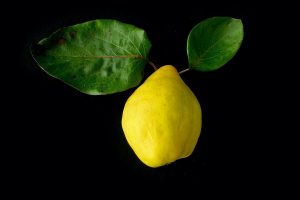This is PART II of the “Exploring Latin American contributions to education” series. All parts consist of a blog conversation and a video intervention. This part starts off with a conversation between Macarena and Mayara Floss.
If you haven’t read Part I and the introduction, start here.
Mayara Floss is a family and community doctor who graduated from the Federal University of Rio Grande (FURG) in Brazil. She is an activist dedicated to rural, indigenous, and planetary health in her country. In 2014, she received a scholarship from the Brazilian Government to participate in the Science Without Borders program at the University of Galway in Ireland. Mayara has developed various health education projects and was co-author of the Lancet Countdown policy brief recommendations for Brazil in 2018 and 2019. She also spoke on women’s health at the United Nations in 2018 and has a TED Talk titled “Why Rural Health?”. Currently, she is pursuing a PhD at the University of São Paulo (USP) and works as a Family Doctor in a favela in Florianópolis, Brazil.

